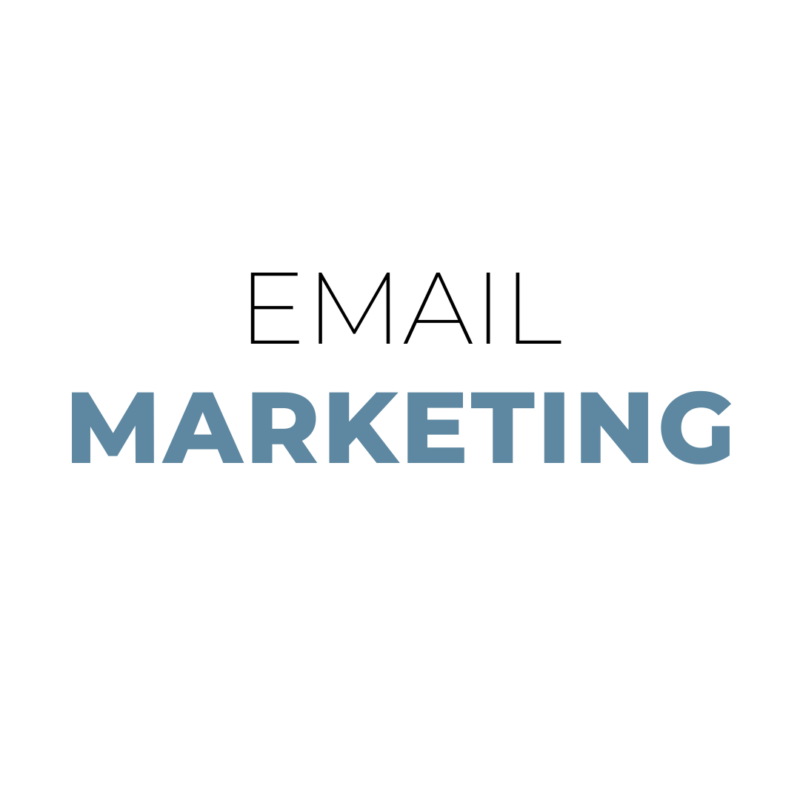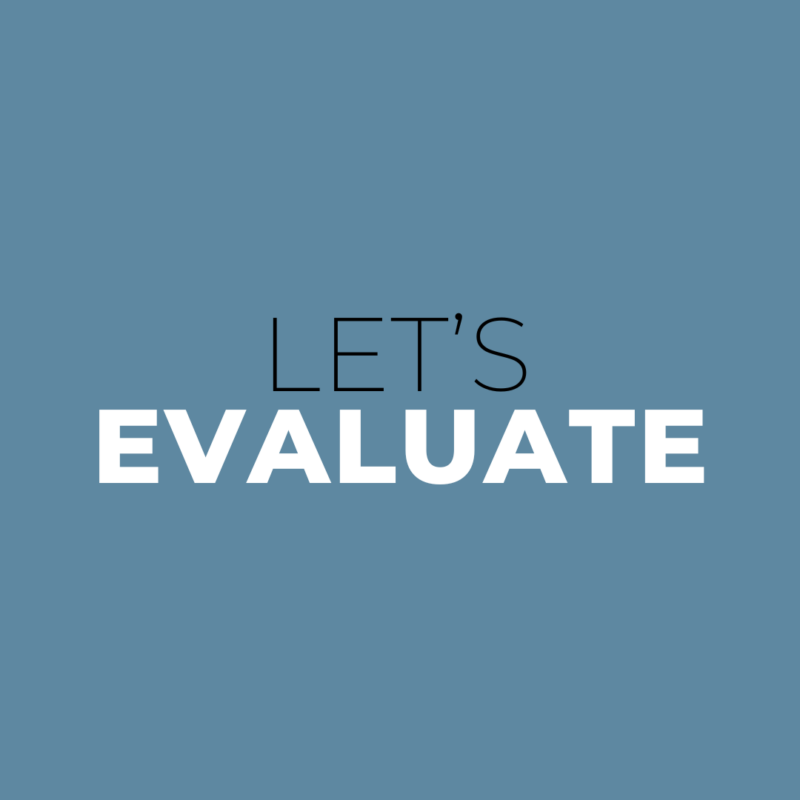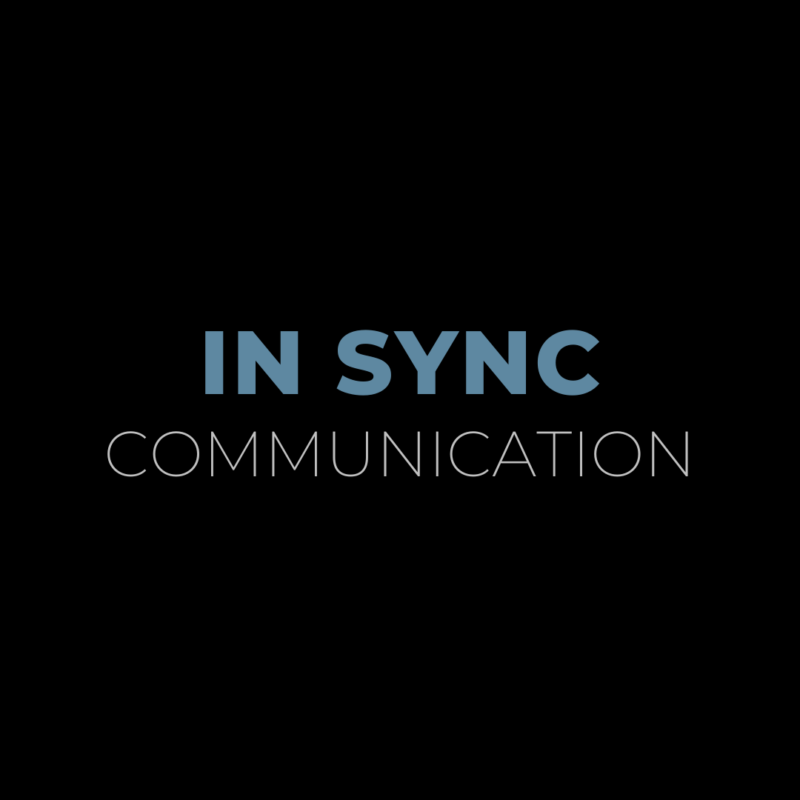Let’s play 20 questions
It’s cliché, but it’s true: the beginning of new client relationship is a crucial time period. For PR professionals, it’s a time when we work fast and furiously to absorb as much information as possible while simultaneously creating a written plan for success. (And, yes, that should be a written plan for reasons I will touch on later.)
While this honeymoon time may be second nature for seasoned communications professionals, I know it was a learning process for me when I first started at our agency. That being said, for those who haven’t gone through the onboarding process many times, or at all, I like to think of it as a time to answer all the basic who, what, when, where, why and how questions. See my explanations below for why these questions are key to building a client relationship that benefits both partners.
Who
Who will be the main point of contact?
- You need to know who you are emailing, calling, texting or Skyping regularly. Sometimes, this person is not the one who engaged your firm or agency, so you need to clarify roles up front.
If there are multiple departments in the business, who oversees which parts?
- You may routinely communicate with someone at the administrative level of the client’s business, but you also need to know who can answer your questions about sales, customer service or scheduling in case that key contact is unavailable.
Who has to give final approval before something is considered complete?
- This is almost self-explanatory. It needs to be established who has the final sign-off on materials that go to media or other stakeholders before last-minute deadlines arise and everyone is scrambling.
Who is the public-facing spokesperson?
- This is not only important for planned media or speaking opportunities, but also in the event of a crisis.
What
What is the background of the client’s company?
- This includes company history, past sales figures, personnel changes, property relocations, expansion efforts, mergers, acquisitions, etc. Basically, what business moves got the company to where it is today?
What does the client consider its unique differentiators compared to its competitors?
- These will be key to building or streamlining foundational messaging. The client should be able to easily identify these. If they cannot, that should be an immediate priority for your team to help them with.
What tough questions does the client have trouble answering for stakeholders?
- This absolutely must be addressed up front. Knowing answers to these tough questions can help you create talking points for the client and be aware of situations that could become potential crises for them. It is in both parties’ best interest to discuss this.
When
When will you routinely meet or touch base?
- Establishing a schedule up front is the best way to begin and maintain consistent communication.
When will you provide updates of your work and successes, i.e. monthly, quarterly, annually?
- This is not to add another chore to your list; instead, it helps track your progress and prove your value to the client. Clients have different preferences, so establishing that expectation in the beginning is best.
Where
Where are each of your businesses located?
- While you may only ever communicate digitally, it is important for you to know where your client is physically located and vice versa. You may have to direct media to there one day or run by the building yourself.
Where does the client define its territory, i.e. local, regional, national or international?
- This helps to identify target audiences, including types of relevant media.
Why
Why are you working together?
- In other words, what are you trying to achieve from your relationship together? It is best to ask what the client’s ultimate goals are and to determine how your communications expertise supports those.
How
How do you and the client measure success the same?
- This should be quantifiable, whether it’s increased sales numbers or greater awareness of the brand.
Conversely, how might you measure it differently?
- This is a time to temper expectations and define what is reasonable based upon what the client is trying to achieve. While the client may want to appear in the local business publication once a month, you may have to explain that reporters don’t feature a single business that often. Therefore, four times a year in that same publication is a more realistic expectation and would still apply to their goal of increased media coverage.
How will you achieve this success?
- Now, this is where you create your written plan of attack. Based upon the knowledge you gained from the questions above, in addition to other probing questions, you should be able to formulate a written plan that touches on client goals in a timeline format. Also, I stress that it should be written in order to present it to the client to discuss, tweak and refer back to if circumstances change for any reason.
As I stated above, there will most likely be more probing questions that come after you ask these standard ones, but these should cover the basics. There is a lot to digest in the beginning of a client relationship, so don’t fret if it seems chaotic at times. However, collecting as much information as possible in the beginning will help it level out quickly and get you on the path to working toward communication success together.


